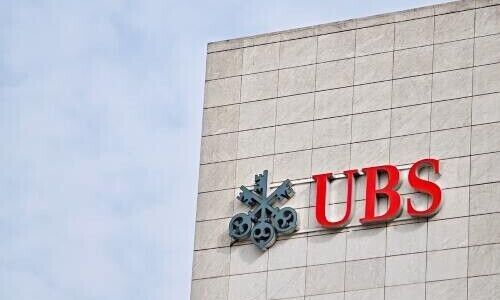UBS: «Tariff Letters Do Not Signal Trade War Escalation»
While the US has issued fresh tariff threats, the contents and tone of communication indicate openness to negotiations rather than an escalation of the trade war, according to UBS.
A new wave of tariff threats has been issued via letters from US President Donald Trump to 14 countries, including Japan and South Korea, with duties ranging from 25 to 40 percent. According to a note by UBS’ chief investment office, market volatility may pick up but «Trump’s tariff letters do not signal trade war escalation».
«Trump also signed an executive order on Monday extending the pause of the ‘reciprocal' tariffs to 1 August, allowing more time for trade negotiations. He added that the new deadline was 'not 100 percent firm' and that the US remains open to further talks with countries offering additional concessions,» UBS commented.
Expected Rate
According to the Swiss bank, the effective tariff rate at the end of the year is forecasted at around 15 percent with expectations for levies on specific sectors targeting semiconductors, pharmaceuticals, copper, lumber and critical minerals. Given the economic costs and political costs from the upcoming mid-term election in 2026, trade policies or threats that risk a recession are believed to be ultimately negotiated lower.
While there are growth headwinds ahead, there is no anticipation that tariffs will trigger a recession, «given the resilience of the US consumer and the adaptability of global supply chains».
More Deals Coming?
Thus far, the White House has signed just three handshake deals, falling well short of the prior suggestion that 90 deals could be completed in 90 days. However, UBS expects country-specific deals and arrangements in the coming weeks, potentially from the EU and India, which did not receive letters in the latest round.
«We continue to recommend phasing into global equities or diversified portfolios to navigate volatility ahead,» the bank added.



























